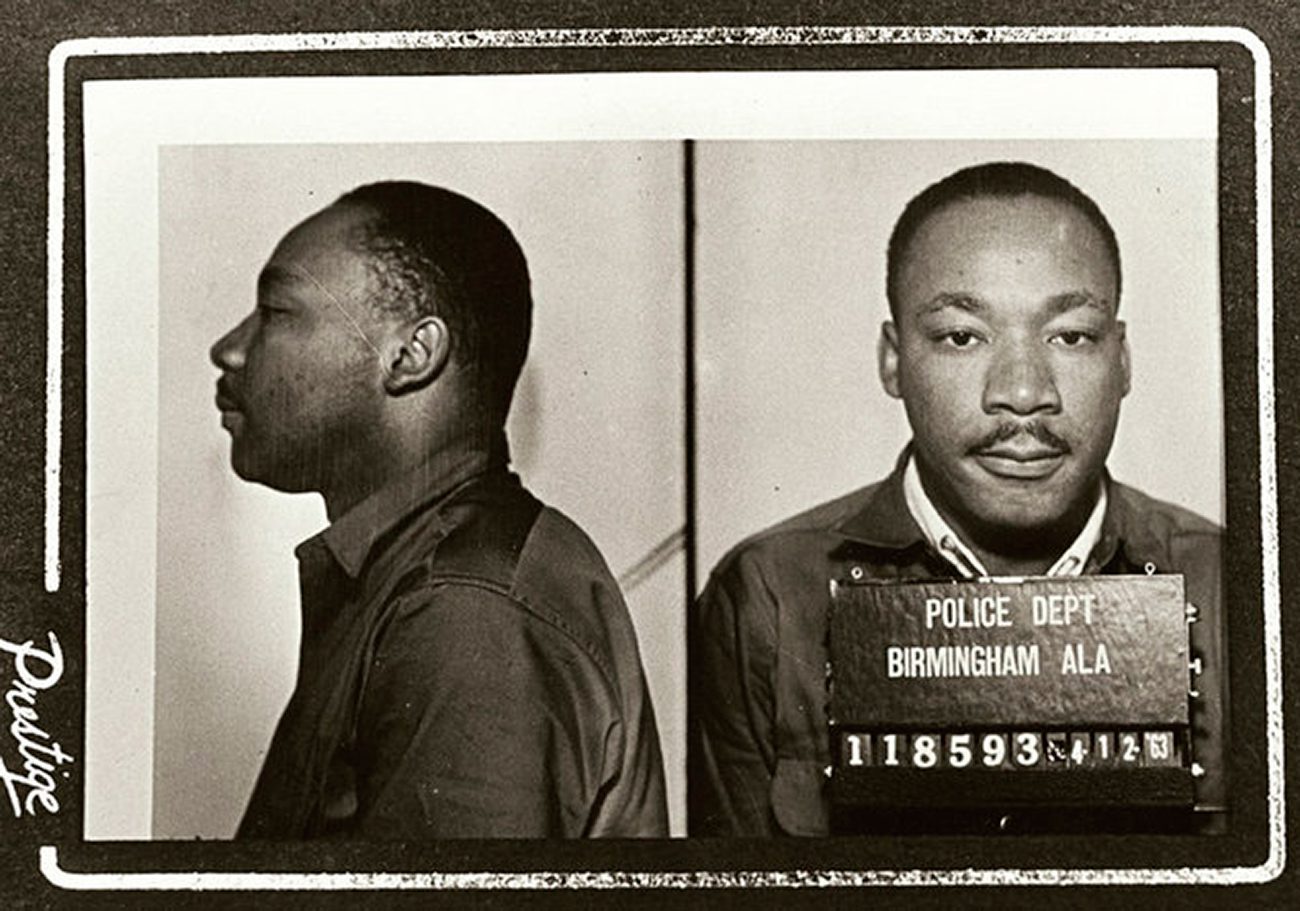Martin Luther King Jr. and Nelson Mandela were two iconic freedom fighters who fought against oppression and racial discrimination. While King believed in nonviolent resistance, inspired by Mahatma Gandhi, Mandela saw armed resistance as a necessary tool against the South African government’s racist policies. King’s efforts led to the end of segregation in the United States, while Mandela played a key role in negotiating the end of apartheid in South Africa and becoming the country’s first black president. Both leaders’ legacies continue to inspire millions to fight for social justice and equality.
Martin Luther King Jr. vs. Nelson Mandela: Two Iconic Freedom Fighters Compared
Background
Martin Luther King Jr. and Nelson Mandela were two of the most prominent figures in the fight for freedom against oppression and racial discrimination. King fought for African Americans’ civil rights in the United States, while Mandela was a leader in the struggle against apartheid in South Africa. Both were great men who sacrificed for their causes, but they had different philosophies and strategies. This article compares and contrasts these two iconic freedom fighters.
Early Life and Education
Martin Luther King Jr.
Martin Luther King Jr., born on January 15, 1929, was an African American Baptist minister who grew up in segregated Georgia. King’s father was also a Baptist minister, and his mother was a teacher. King graduated from Morehouse College in Atlanta with a degree in sociology and later earned a divinity degree from Crozer Theological Seminary in Pennsylvania.
Nelson Mandela
Nelson Mandela was born on July 18, 1918, in South Africa. Mandela was from the Xhosa tribe and grew up in a rural village. He attended a Methodist school and later went to the University College of Fort Hare, where he studied law. However, he was expelled after participating in a student demonstration. He completed his law degree through a correspondence course with the University of London while imprisoned on Robben Island.
Philosophy and Strategy
Martin Luther King Jr.
King was a proponent of nonviolent resistance, inspired by Mahatma Gandhi. He believed that through peaceful protests and civil disobedience, oppressed people could achieve their goals without resorting to violence. King was also a firm believer in the power of love and unity to overcome hate and division.
Nelson Mandela
Mandela saw armed resistance as a necessary tool against the South African government’s racist policies. He believed that violent struggle was unavoidable in the face of an unjust system, but he also advocated for negotiation and reconciliation as a means to achieve peace and reconciliation between different races and ethnic groups.
Activism and Achievements
Martin Luther King Jr.
King is best known for his role in the American Civil Rights Movement, including the Montgomery Bus Boycott, the March on Washington, and the Voting Rights Act of 1965. His efforts contributed significantly to ending segregation in the United States and improving the lives of African Americans.
Nelson Mandela
Mandela played a leading role in the African National Congress (ANC), which fought against apartheid in South Africa. He spent 27 years in prison for his activism, becoming a symbol of the resistance against the oppressive regime. After his release in 1990, he played a key role in negotiating the end of apartheid and became South Africa’s first black president in 1994.
Legacy
Martin Luther King Jr.
King’s legacy is multi-faceted. He is remembered as a great orator and an inspiration to millions of people around the world. King’s message of equality and nonviolence continues to inspire social justice movements today. He was awarded the Nobel Peace Prize in 1964, and his birthday is now celebrated as a federal holiday in the United States.
Nelson Mandela
Mandela’s legacy is equally impressive. He is remembered as a symbol of freedom and resilience in the face of adversity. His efforts in ending apartheid and advocating for reconciliation paved the way for a new South Africa. Mandela was awarded the Nobel Peace Prize in 1993 and is celebrated worldwide on July 18 as Nelson Mandela International Day.
Conclusion
Both Martin Luther King Jr. and Nelson Mandela were remarkable leaders who shared a common goal of fighting against oppression and discrimination. Their tactics and philosophies differed, but they both made significant contributions to their respective causes. Their legacies inspire millions of people around the world to fight for social justice and equality.
